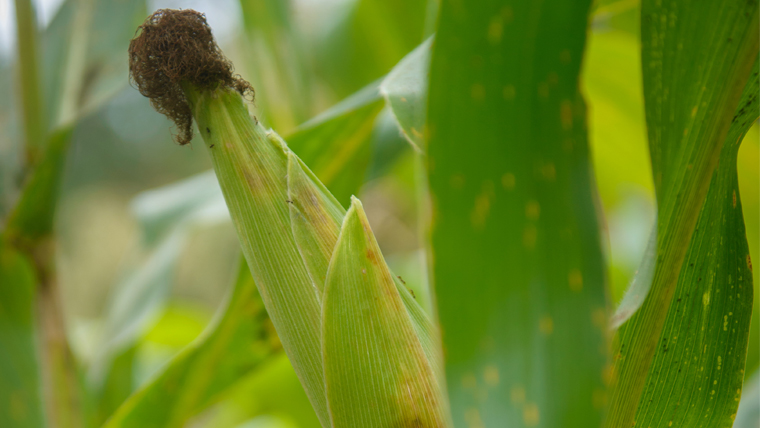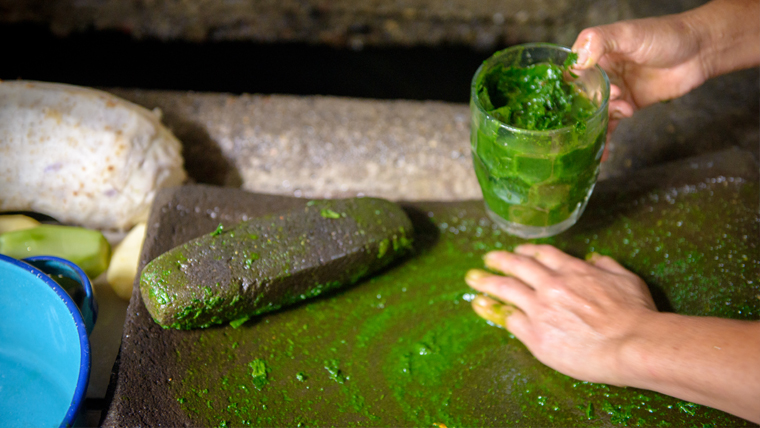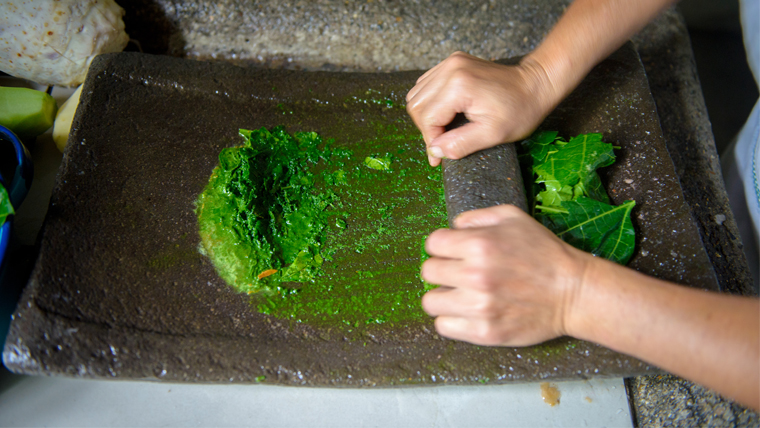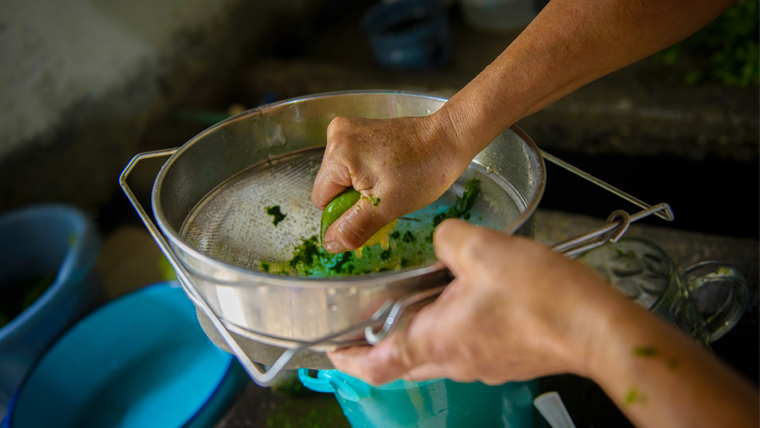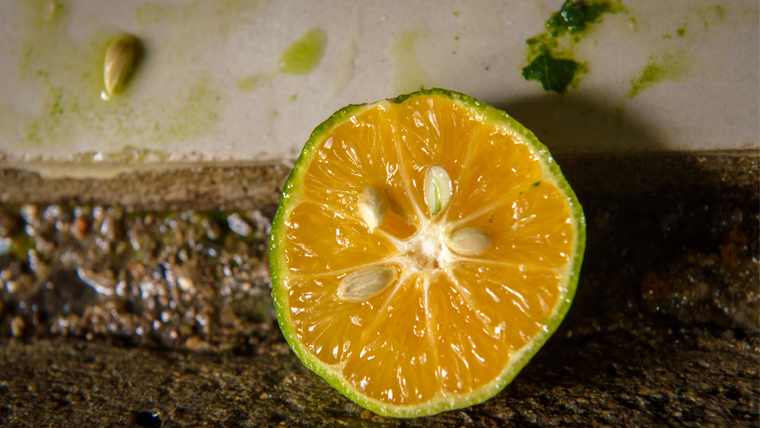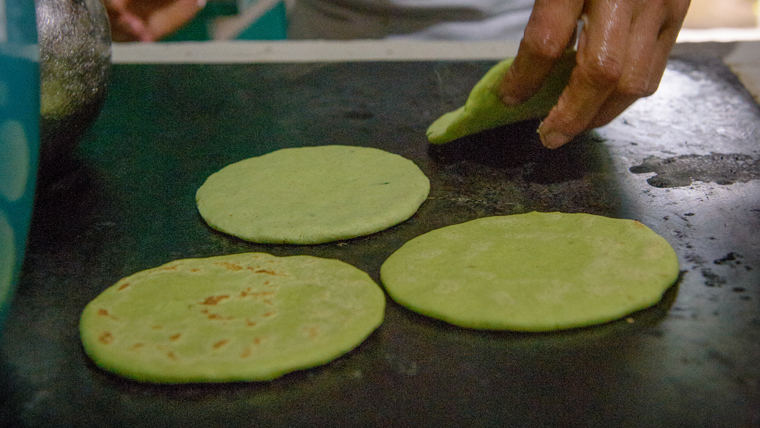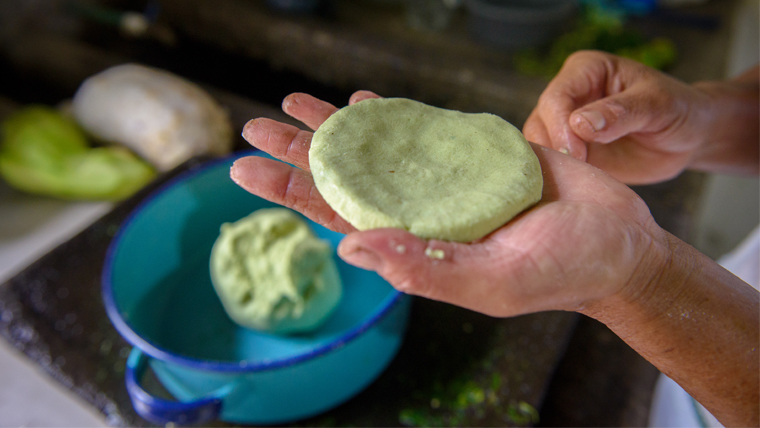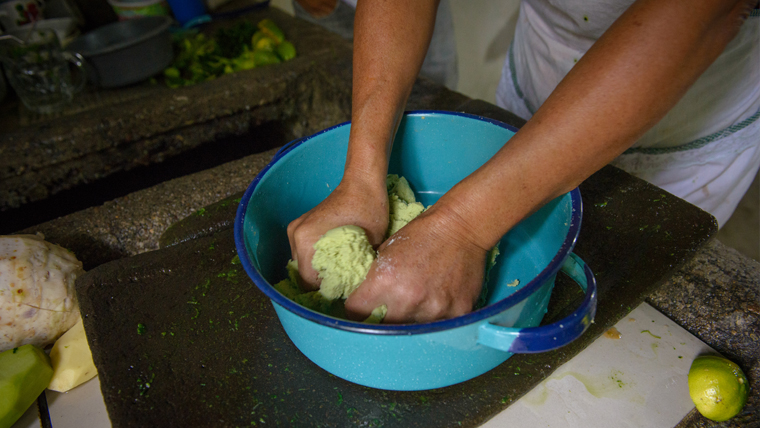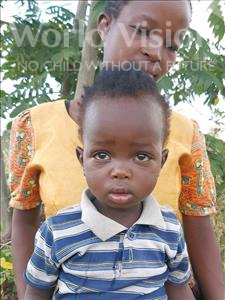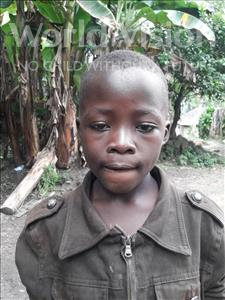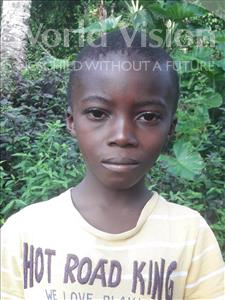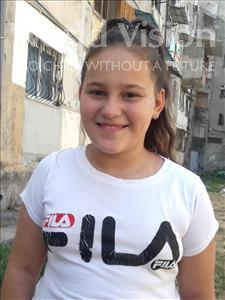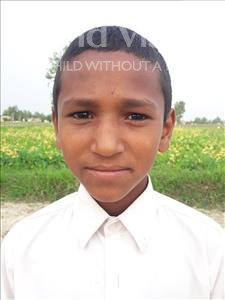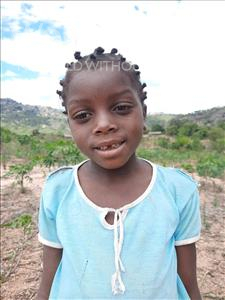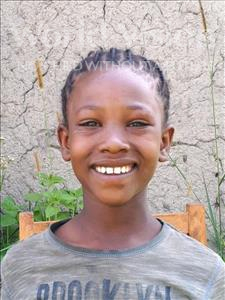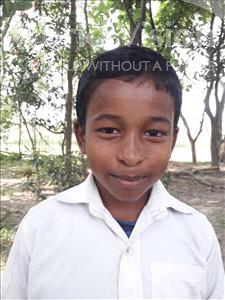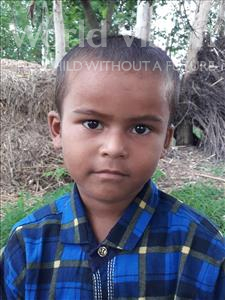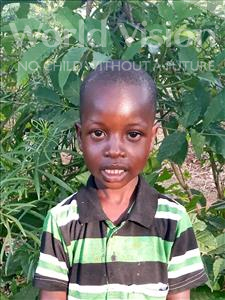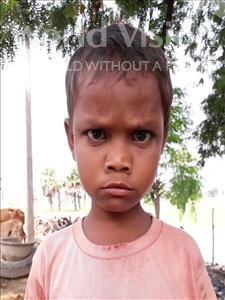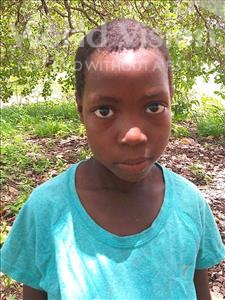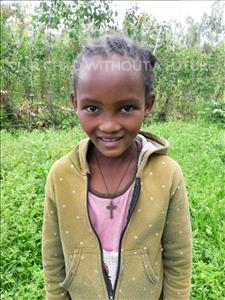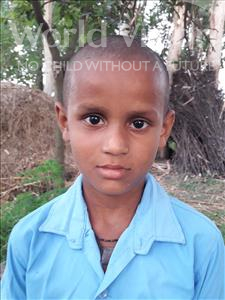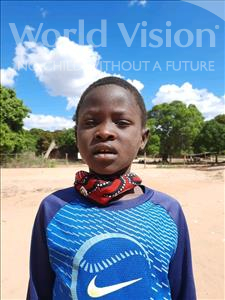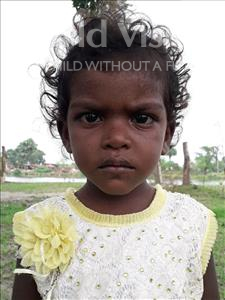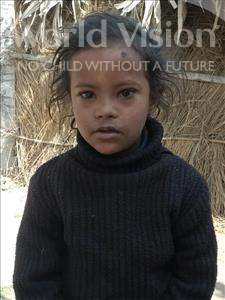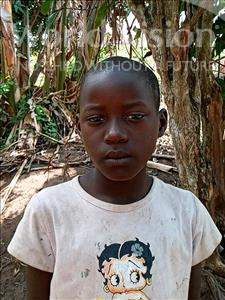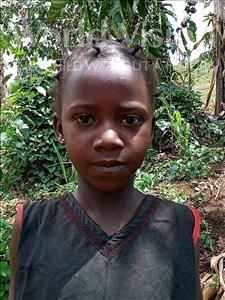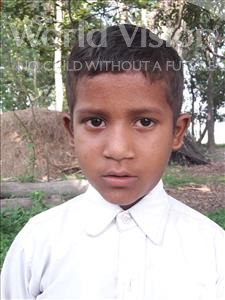The power of the Super Tortilla
One in four children in Honduras is suffering from chronic malnutrition, according to the World Food Programme. This number almost doubles in rural areas where 34 per cent of children will suffer from stunting.
We're fighting malnutrition with a new way of thinking about cooking; the super tortilla. Instead of making regular tortillas from corn alone, parents add vegetables such as coyote squash stem, yucca (full of fibre, vitamin C and potassium), chipilin (a legume packed with calcium, iron, protein and minerals), oregano, basil, and onions into the batter. The result is a tasty tortilla packed full of nutrition.
World Vision came into the community. They weighed the children and they found that most of the children were malnourished.
- Birgilia; who taught parents to make super tortilla.
In response, we've given parents new ways to prepare food with a higher nutritional content. Mums and dads attended sessions called “Common Pot,” which taught them new cooking techniques to increase the nutritional value of simple meals using ingredients that are easy to grow.
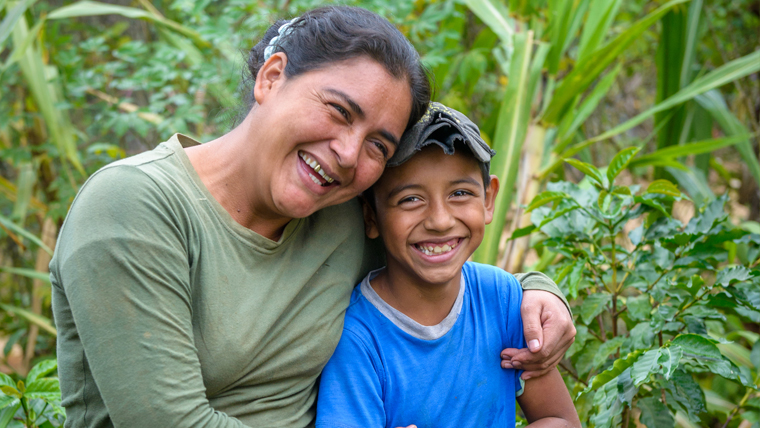 Iris and the now-healthy 8-year-old Henry stand in their garden, which grows all kinds of healthy vegetables
Iris and the now-healthy 8-year-old Henry stand in their garden, which grows all kinds of healthy vegetables
Families began to grow a variety of vegetables in their gardens to add to their food. As well as the tortillas, soup can be improved with malanga (a root vegetable with fibre and minerals), chia (for magnesium, iron and calcium), and chipilin. They can add loroco (a plant whose leaves and flowers provide vitamins, fibre and iron) to bread. The families are even creating drinks packed with vegetables for their children.
“There was a big change after we used the recipes,” says Birgilia. “After just twelve days we saw a change. The children started to gain weight. It is in our diet now. We eat these commonly. Now we don’t have malnourished children in the community.”
Henry, eight, is healthy and strong today because of the super tortilla. When Henry was born in western Honduras, he was small. But since his mother attended the Common Pot his life has changed. “I took Henry to the health centre,” says Iris, Henry’s mother. “He was malnourished. He was two. He was very, very skinny and very, very small. I thought he would not be able to grow. He didn’t eat very much from the time he was born.”
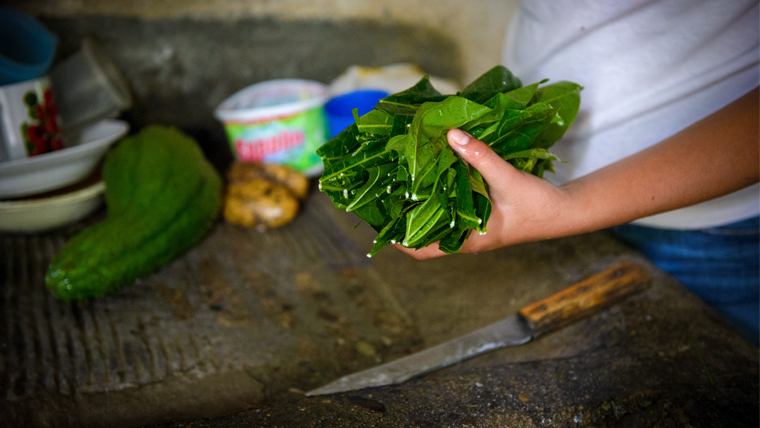 Greens used to make the super tortillas
Greens used to make the super tortillas
Iris was trained by Birgilia to cook differently, using vegetables in tortillas, soup, and juice. “I learned from Birgilia. I make tortilla soup, drinks, tortillas,” she says.
“He [Henry] improved in his health,” says Iris. “He started to gain weight. He started to grow. Two months later, he started to improve. I thought this training was very good. He was better. I felt very sad when he was not growing. He was not eating and very, very skinny. He hasn’t gotten sick anymore.” Today Henry is nothing but smiles.
A lot of children were malnourished, maybe 20 per cent. We have reduced this to five per cent.
- Herman, a World Vision community development worker and Birgilia’s son.
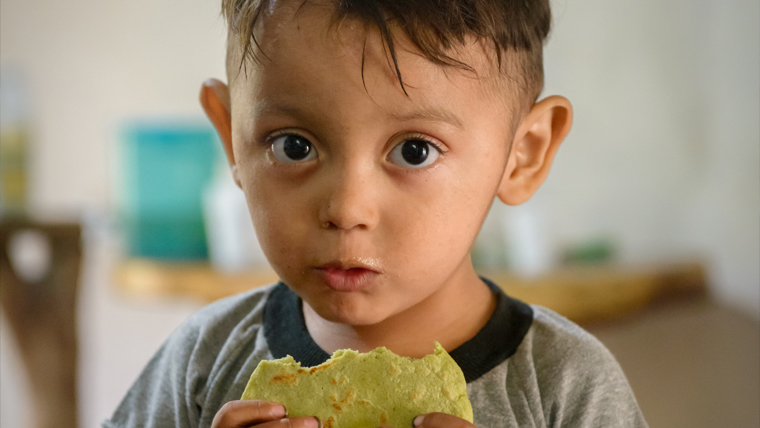 Freddy Maurici, 2, eats a super tortilla
Freddy Maurici, 2, eats a super tortilla
“I remember Henry. He was really skinny. He had no expression. He had no smile.” Herman recalls.
“World Vision has been lucky to have a woman like my mum,” says Herman. “When they need the community, they call my mum. Children go to my house to eat. They sit in little chairs.”
Another family which has benefitted from improved healthy eating is Francisco and his twin sons Freddy Mauricio and Freddy Onan. “They were very, very small at birth,” Francisco remembers.
“When they were six months old, they started to eat the super tortilla,” he said. “After, the children were more awake. They were more active with more energy.” Cooking with additional vegetables has made the tortillas healthier and improved his sons' health and of many more children throughout their community.
We partner with the people of Honduras to help deliver sustainable solutions for the future of their children, families and communities. Find out more about our work in Honduras and how you can support our work here.
